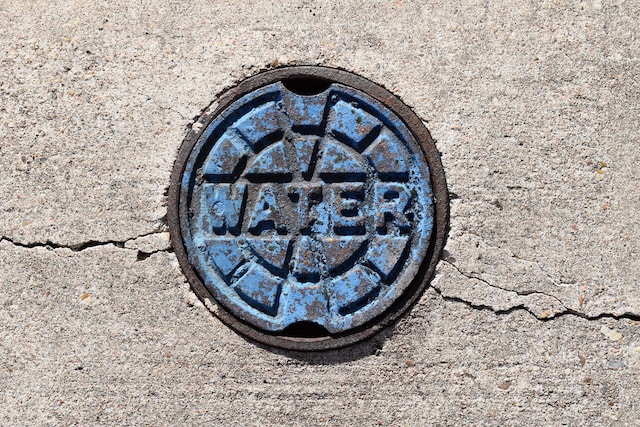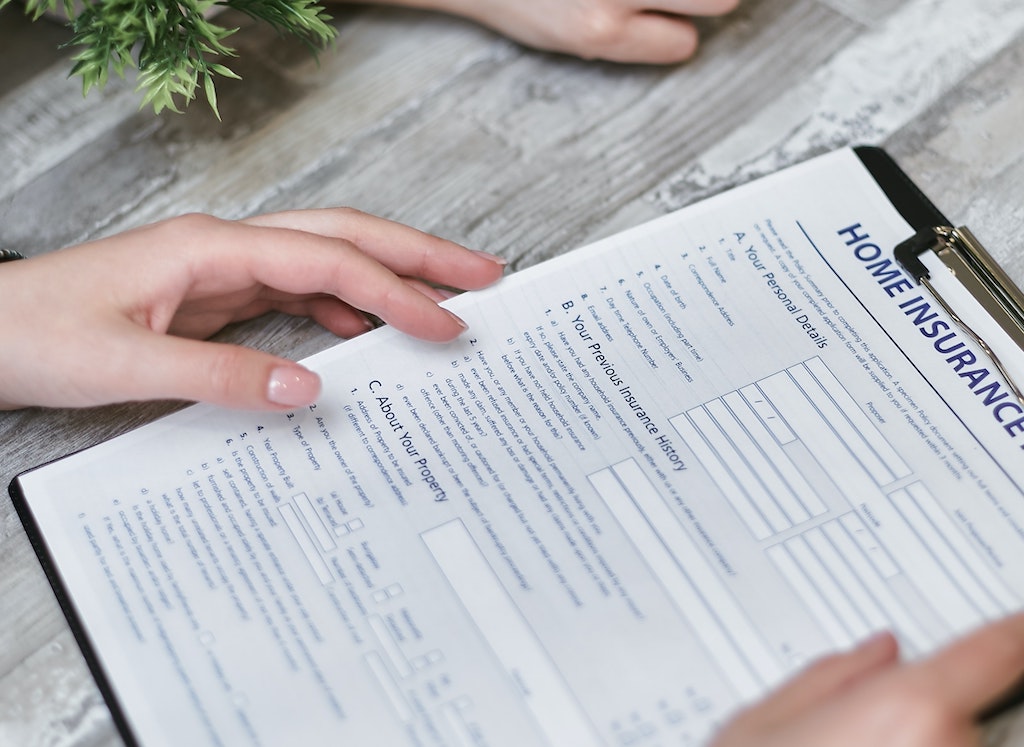If you’ve ever dealt with a sewer backup in your home, you know how unpleasant and costly it can be. Sewer or water backup insurance protects you from damages caused by standing sewage in your home. Contact your insurance provider today to learn about sewer backup coverage and add this valuable protection to your homeowners insurance policy.
What Does Sewer Backup Insurance Cover?
Sewer backup insurance covers damage caused by sewage overflowing into your home. This includes repairs to your floors, walls, furniture, and other personal property that may be damaged by the backup.
Does Home Insurance Include Sewer Backup Coverage?
One question that often arises is whether homeowners insurance includes sewer backup coverage. The short answer is no; most home insurance policies do not include sewer backup coverage by default. However, many insurance companies sewer backup insurance as optional coverage or endorsement that you can add to your policy for an additional cost.
Factors to Consider
When looking into sewage backup insurance, understand your policy limits and any exclusions. Policies can vary significantly, so knowing the maximum payout and what is or isn’t covered is crucial. Some policies might not cover backups caused by neglect or lack of maintenance, so regular upkeep of your plumbing system is important.
Causes of Sewer Backup
Sewer backups can be an unpleasant and costly problem for homeowners. Understanding the causes of sewer backups can help you take preventive measures and protect your home. Here are some common causes of sewer backups:
Clogged Pipes
Clogged pipes are a leading cause of sewer backups. They can occur due to a variety of reasons, including the improper disposal of non-degradable items or a lack of regular maintenance. Over time, these obstructions can accumulate and block the flow of wastewater, leading to backups.
Tree Roots
Tree roots can infiltrate your underground sewer pipes and cause them to break or collapse. As trees grow, their roots seek out sources of water and nutrients, which can include your sewer lines. Once inside, the roots can cause blockages and structural damage, resulting in sewer backups.
Broken Line
A damaged or broken sewer line between your house and the main sewer can also cause backups. This can happen due to factors such as aging infrastructure, extreme weather conditions, or ground movement. When the sewer line is compromised, wastewater may not be able to properly flow away from your home, leading to backups.
Identifying and addressing these causes promptly is crucial in preventing sewer backups. Regular maintenance, proper disposal of waste, and professional inspections can help ensure the integrity of your sewer system and reduce the risk of backups in your home.
What to Do If You Have a Sewer Backup
If you have a sewer backup, take immediate action to minimize the damage and ensure a swift cleanup process. The first step is to contact your utility department and report the backup. They will guide you through the necessary measures and potentially send a professional to inspect the situation.
While waiting for assistance, document the extent of the damage. Take photos or videos of the affected areas, including any impacted belongings or structures. This documentation will be valuable when filing an insurance claim later.
If you have sewer backup insurance, contact your insurance professional to start the claims process as soon as possible. They will provide guidance on the documentation and forms needed to file a successful claim.
What Does Sewer Backup Coverage Include?
Sewer backup coverage is designed to protect homeowners from the financial burdens of sewer backups. It typically includes coverage for repairing the sewer line from your house to the main sewer, the cost of removing sewage from your property, and damages caused by standing sewage up to the specified coverage limits.
This insurance coverage can help you deal with repairing your sewer line expenses, which can be costly. It usually covers the cost of sewage removal and any damage caused by the backup, such as structural damage to your home or personal belongings.
You should consider adding sewer backup insurance to your home insurance policy. It safeguards you from the financial burden of sewer backups and the expenses associated with repairing, cleaning, and replacing damaged belongings. While not automatically included in standard policies, sewer backup coverage offers valuable protection.




